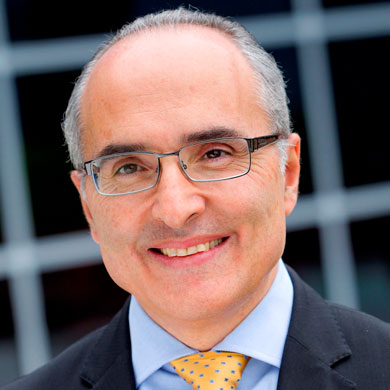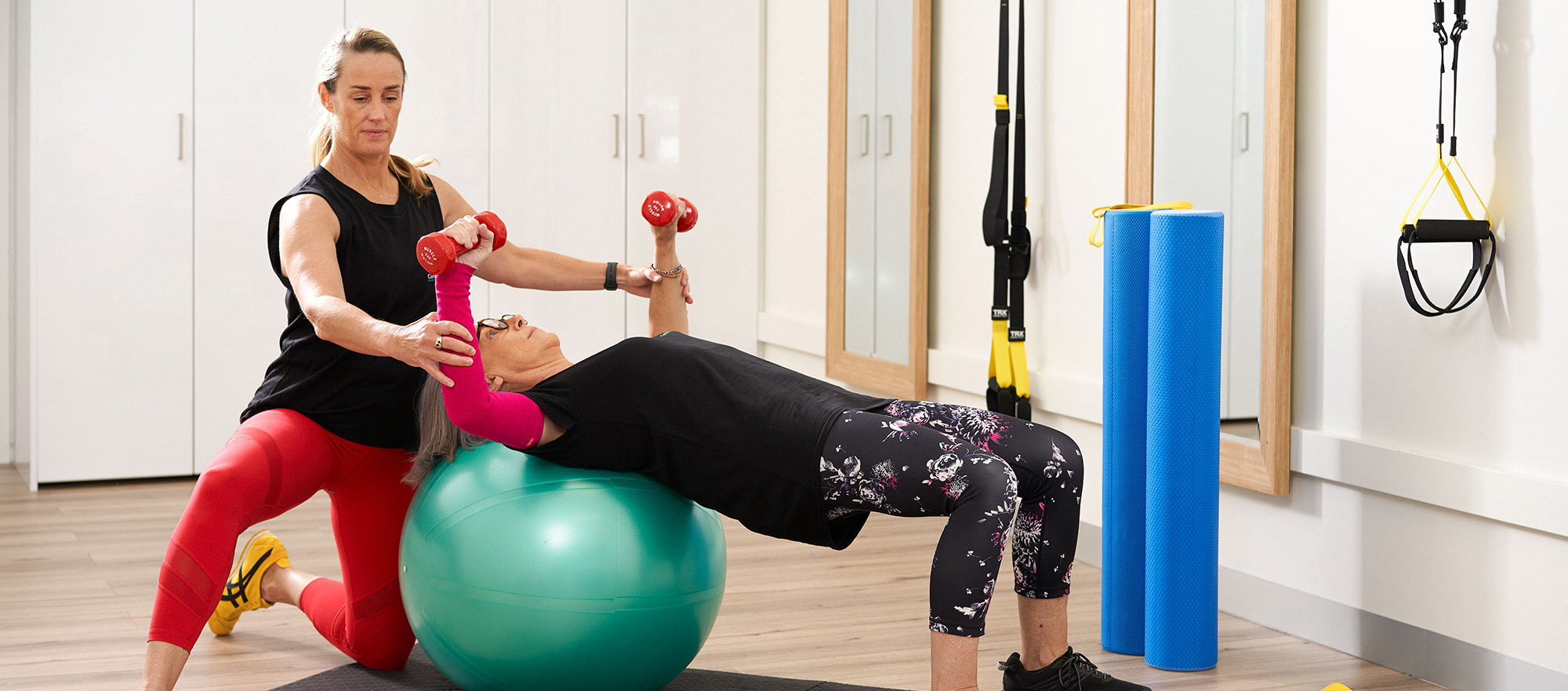
I've spent years researching and focusing on specialised cancer rehabilitation and lymphoedema, and because of the fantastic results I've had with clients, my clinic is booked out.
We created The Foundation Program online course to reach women all over the globe who want to give themselves the best chance of recovery through a guided exercise program.
My mission is to help women feel more empowered, more confident and less alone as they traverse the highs and lows of treatment.
Kate xx

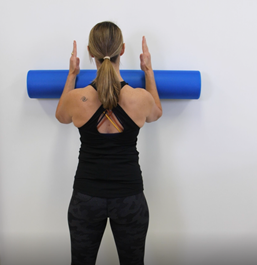
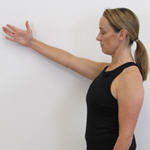
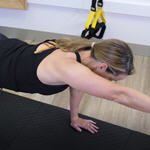
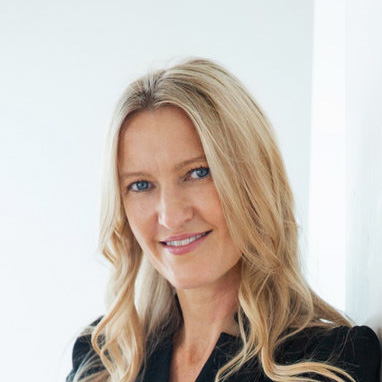
- Reducing side effects of chemotherapy, alleviating fatigue, pain, and nausea
- Promoting lymph flow, minimising lymphedema
- Improving physical function, making everyday activities like walking, bathing, and dressing easier
- Lowering the risk of recurrence and improving survival rates
- Supporting the gut microbiome following chemotherapy
- Enhancing mental health, boosting mood, reducing anxiety, and boosting self-esteem
Even a single session of endurance or resistance training can significantly boost energy levels and reduce nausea!"
